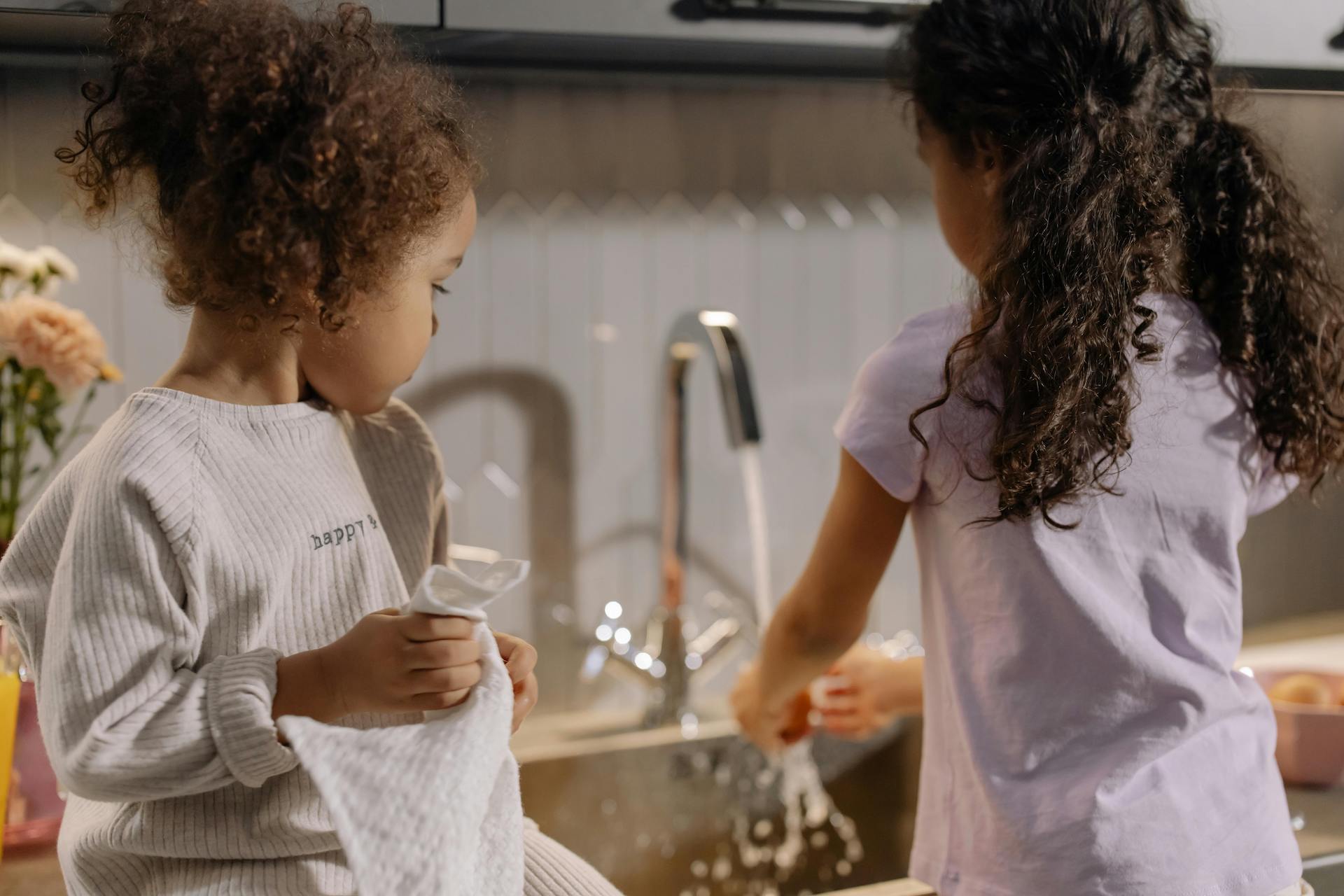News and Media

Household chores for children and teenagers
Article Source: https://raisingchildren.net.au/grown-ups/family-life/rules-chores-pocket-money/chores-for-children
Key points
- Household chores help children learn important life and daily skills.
- Choose household chores that suit children’s ages and abilities.
- You can motivate children to do chores by praising and encouraging their efforts.
- Young children can do chores like tidying up toys.
- Older children can help with setting the table, cleaning, cooking and so on.
Household chores: good for children, good for your family
Children can learn a lot from doing household chores.
Doing chores helps children learn about what they need to do to care for themselves, a home and a family. They learn skills they can use in their adult lives, like preparing meals, cleaning, organising and gardening.
Being involved in chores also gives children experience of relationship skills like communicating clearly, negotiating, cooperating and working as a team.
And when children contribute to family life, they might feel competent and responsible. Even if they don’t enjoy the chore, when they keep going they can feel satisfied that they’ve finished the task.
And sharing housework can also help families work better and reduce family stress. When children help out, chores get done sooner, and parents have less to do. This frees up time for the family to do fun things together.
How to get children involved in chores
It’s best to start by choosing chores that work for children’s ages and abilities. Chores that are too hard can be frustrating – or even dangerous – and chores that are too easy might be boring.
Even young children can help with chores if you choose activities that are right for their age. You can start with simple jobs like packing up toys. Chores like this send the message that your child’s contribution is important.
It’s also important to think about chores or tasks that get your child involved in caring for the family as a whole. A simple one is getting your child to help with setting or clearing the table. Jobs like these are likely to give your child a sense of responsibility and participation.
If your child is old enough, you can have a family discussion about chores. This can reinforce the idea that the whole family contributes to how the household runs. Children over 6 years old can have a say in which chores they do.
You can motivate your child to get involved in chores by:
- doing the chore together until your child can do it on their own
- being clear about each person’s chores for the day or week – write them down so they’re easy to remember
- talking about why it’s great that a particular job has been done
- showing an interest in how your child has done the job
- praising positive behaviour like doing chores without being asked
- using a reward chart when you introduce a new chore.

